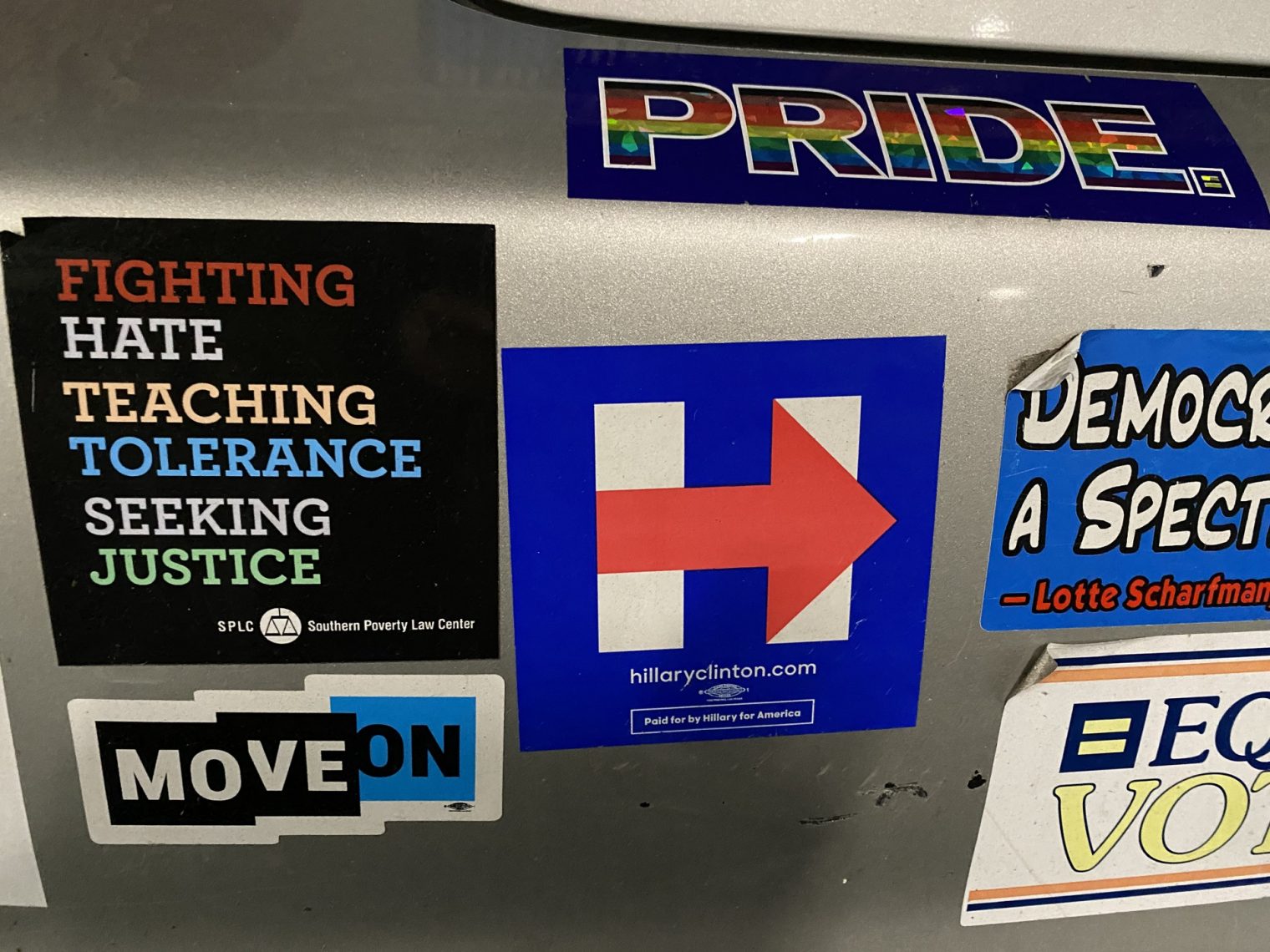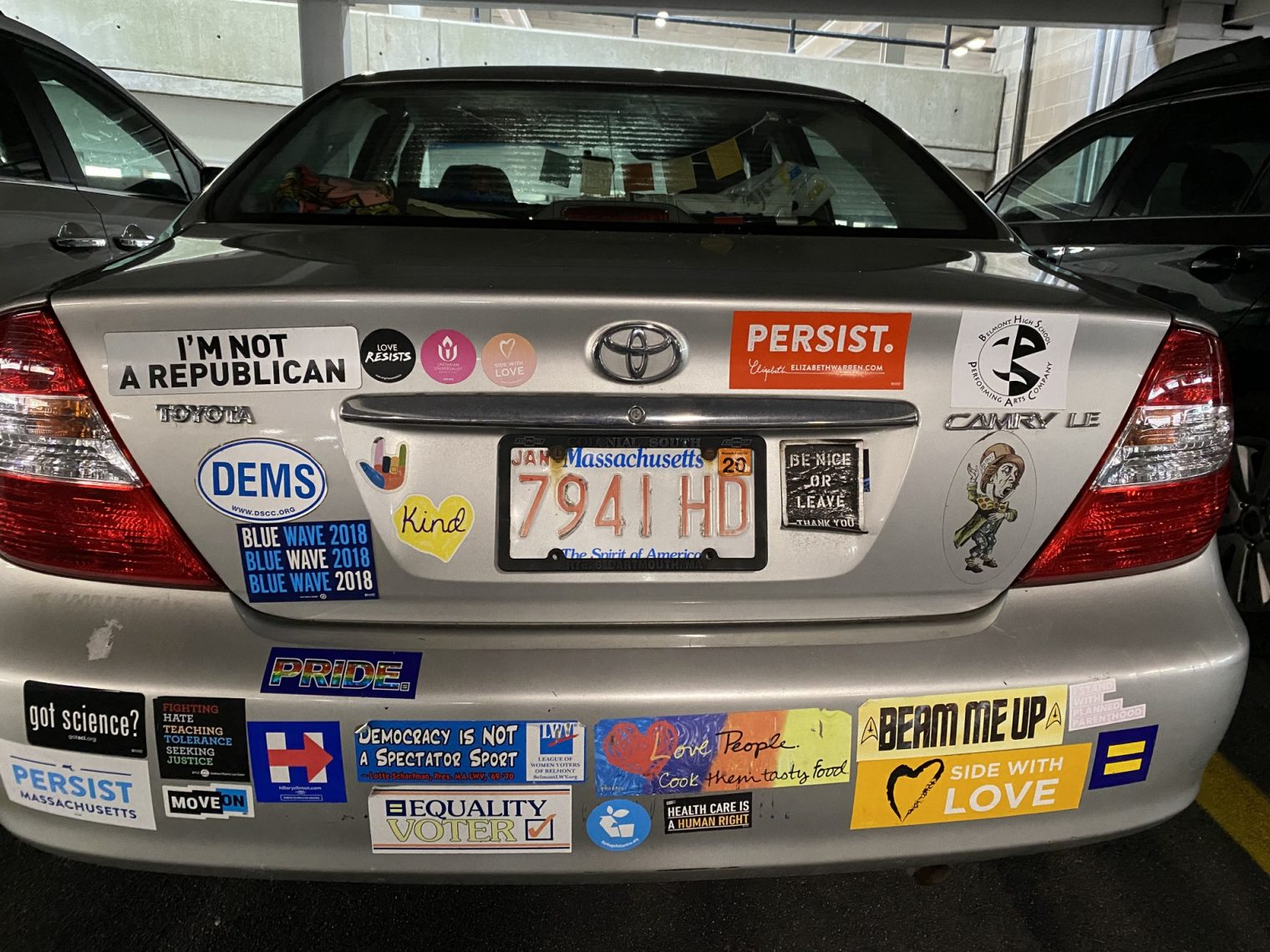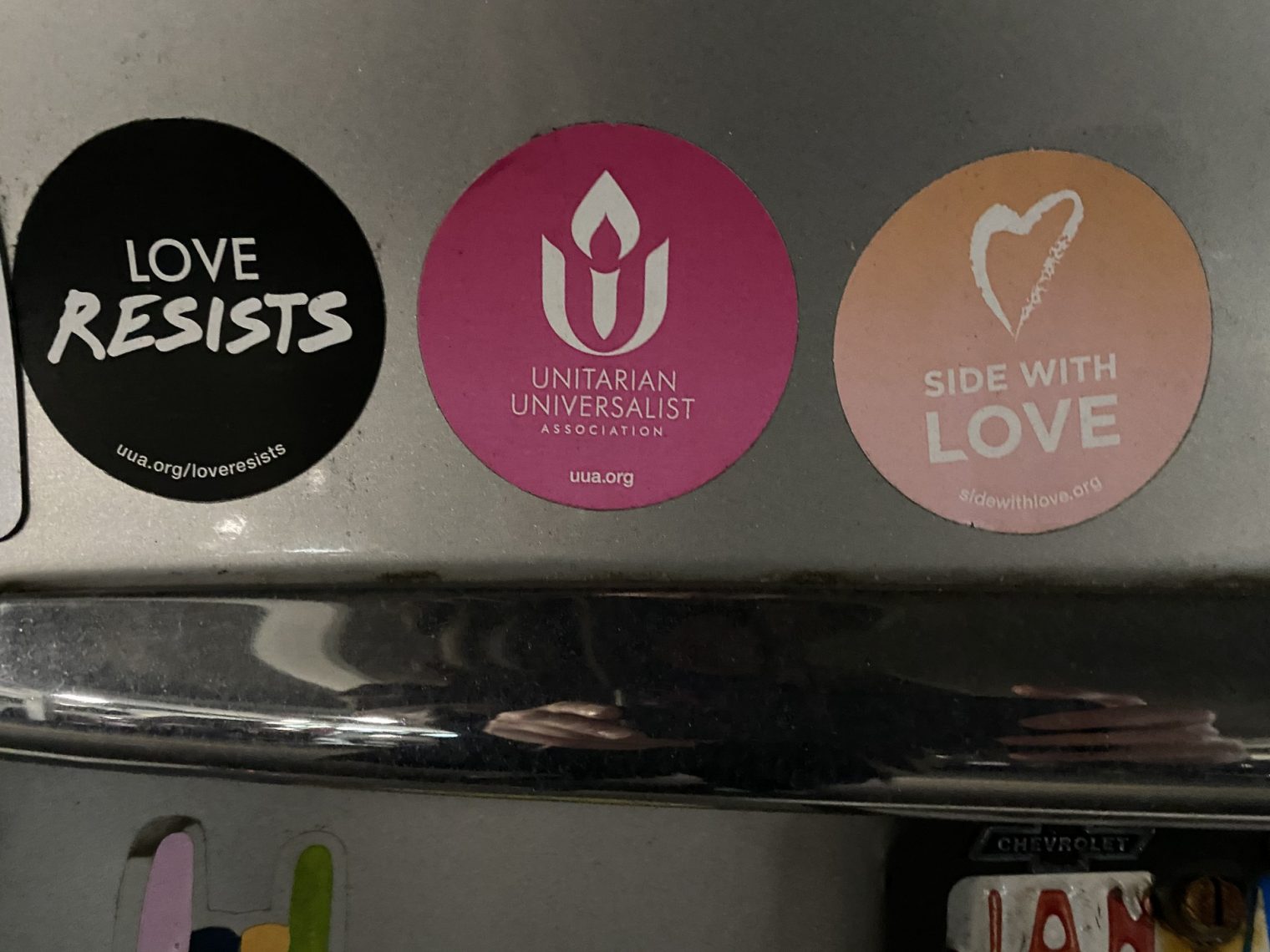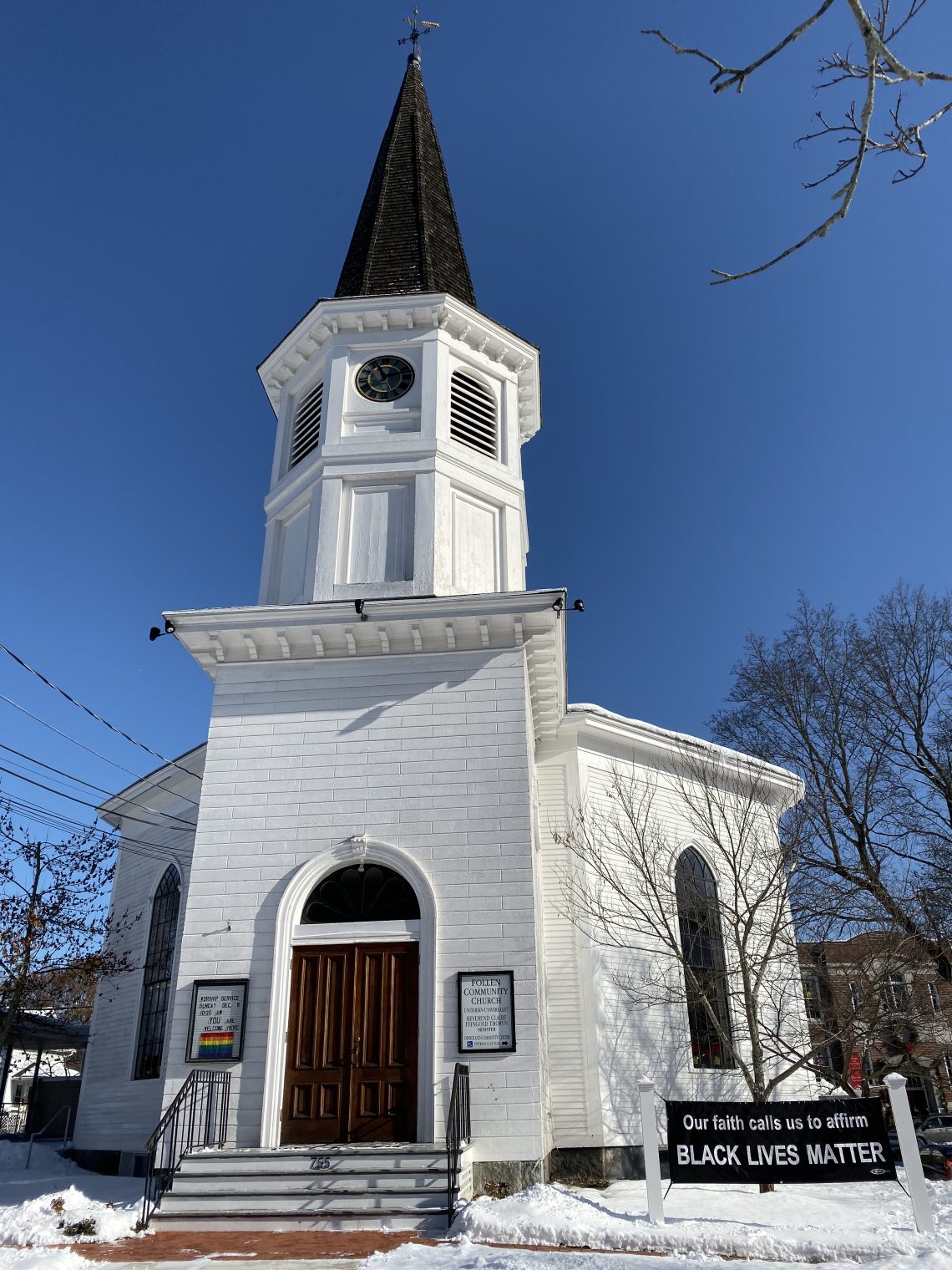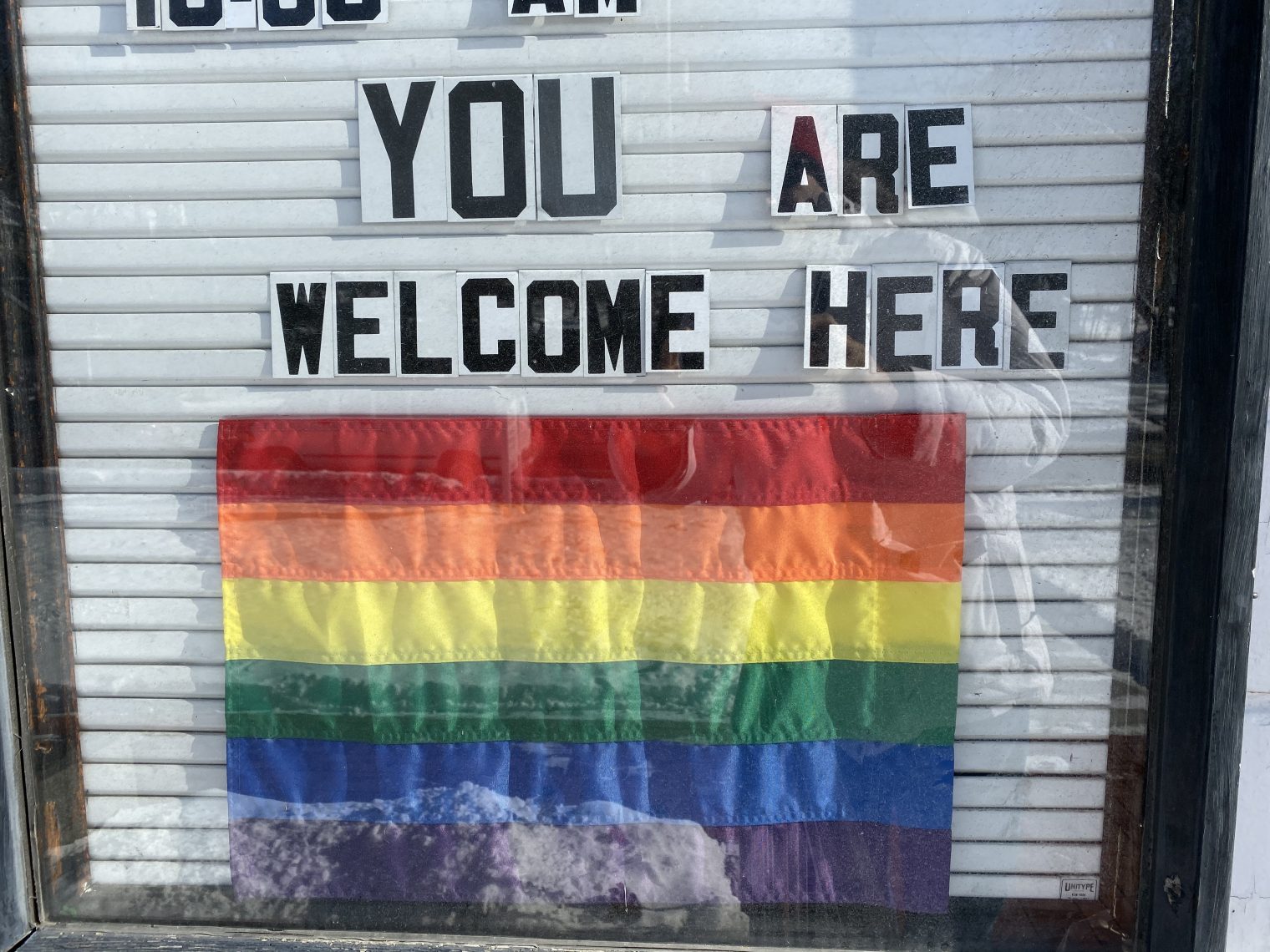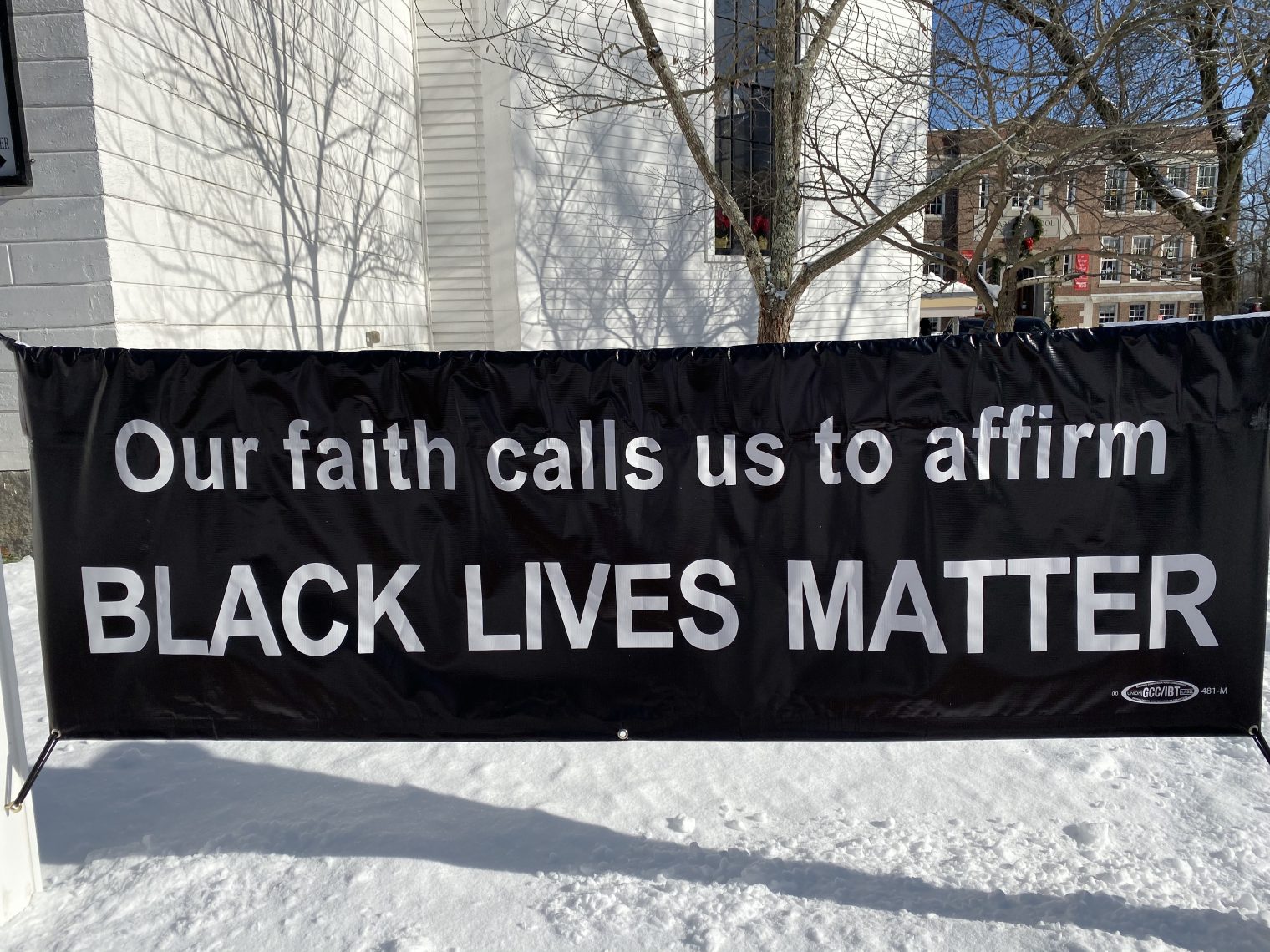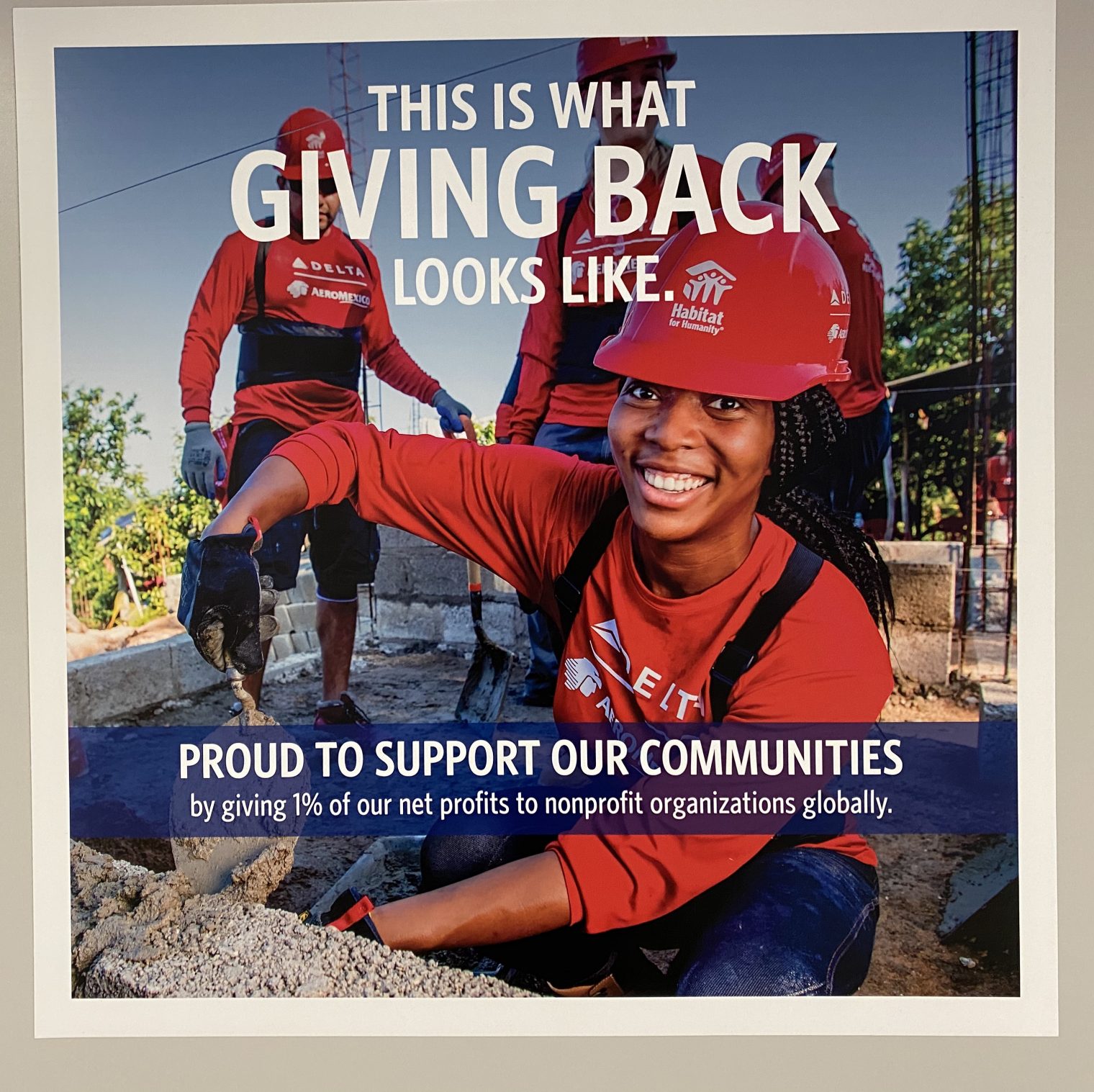One doesn’t learn much history in Electrical Engineering skool. I had a dim perception of Nikola Tesla as someone who turn Katherine Clerk Maxwell‘s equations into practical AC generators and AC motors. So it seemed to make sense that an electric car company would be named after Mr. Tesla.
During my recent trip to China, I decided to read up on the pioneers of the technology that has made China the modern industrial powerhouse (so to speak) that it is.
I started with My Inventions, The Autobiography of Nikola Tesla. Tesla wrote the book in 1919 at the age of 63 (he would die in 1943, in poverty and debt, in the New Yorker Hotel at age 86). He is enthusiastic about invention:
The progressive development of man is vitally dependent on invention. It is the most important product of his creative brain. Its ultimate purpose is the complete mastery of mind over the material world, the harnessing of the forces of nature to human needs.
Tesla implied that his personality was inherited:
My mother was an inventor of the first order and would, I believe, have achieved great things had she not been so remote from modern life and its multi fold opportunities. She invented and constructed all kinds of tools and devices and wove the finest designs from thread which was spun by her. She even planted seeds, raised the plants and separated the fibbers herself. She worked indefatigably, from break of day till late at night, and most of the wearing apparel and furnishings of the home were the product of her hands. When
Very quickly the delusions begin
My sight and hearing were always extraordinary. I could clearly discern objects in the distance when others saw no trace of them. Several times in my boyhood I saved the houses of our neighbors from fire by hearing the faint crackling sounds which did not disturb their sleep, and calling for help. In 1899, when I was past forty and carrying on my experiments in Colorado, I could hear very distinctly thunderclaps at a distance of 550 miles.
In Budapest I could hear the ticking of a watch with three rooms between me and the timepiece. A fly alighting on a table in the room would cause a dull thud in my ear. A carriage passing at a distance of a few miles fairly shook my whole body.
Isn’t it a good working definition of “delusional” to hear things that nobody else hears?
Bad news for Tesla shareholders:
If my memory serves me right, it was in November, 1890, that I performed a laboratory experiment which was one of the most extraordinary and spectacular ever recorded in the annals of Science. In investigating the behavior of high frequency currents, I had satisfied myself that an electric field of sufficient intensity could be produced in a room to light up electrode less vacuum tubes. Accordingly, a transformer was built to test the theory and the first trial proved a marvelous success. It is difficult to appreciate what those strange phenomena meant at the time. We crave for new sensations, but soon be come indifferent to them. The wonders of yesterday are today common occurrences.
(I still like Dog Mode, though, having asked for it back in 2003!)
Speaking of Dog, Tesla wanted to compete with God:
One day, as I was roaming the mountains, I sought shelter from an approaching storm. The sky became overhung with heavy clouds, but somehow the rain was delayed until, all of a sudden, there was a lightening flash and a few moments after, a deluge. This observation set me thinking. It was manifest that the two phenomena were closely related, as cause and effect, and a little reflection led me to the conclusion that the electrical energy involved in the precipitation of the water was inconsiderable, the function of the lightening being much like that of a sensitive trigger. Here was a stupendous possibility of achievement. If we could produce electric effects of the required quality, this whole planet and the conditions of existence on it could be transformed. The sun raises the water of the oceans and winds drive it to distant regions where it remains in a state of most delicate balance. If it were in our power to upset it when and wherever desired, this might life sustaining stream could be at will controlled. We could irrigate arid deserts, create lakes and rivers, and provide motive power in unlimited amounts. This would be the most efficient way of harnessing the sun to the uses of man. The consummation depended on our ability to develop electric forces of the order of those in nature.
Though he also believed in God:
[World] Peace can only come as a natural consequence of universal enlightenment and merging of races, and we are still far from this blissful realization, because few indeed, will admit the reality that God made man in His image in which case all earth men are alike. There is in fact but one race, of many colors. Christ is but one person, yet he is of all people, so why do some people think themselves better than some other people?
Tesla was not daunted by failure:
I have refrained from publicly expressing myself on this subject before, as it seemed improper to dwell on personal matters while all the world was in dire trouble. I would add further, in view of various rumors which have reached me, that Mr. J. Pierpont Morgan did not interest himself with me in a business way, but in the same large spirit in which he has assisted many other pioneers. He carried out his generous promise to the letter and it would have been most unreasonable to expect from him anything more. He had the highest regard for my attainments and gave me every evidence of his complete faith in my ability to ultimately achieve what I had set out to do. I am unwilling to accord to some small-minded and jealous individuals the satisfaction of having thwarted my efforts. These men are to me nothing more than microbes of a nasty disease. My project was retarded by laws of nature. The world was not prepared for it. It was too far ahead of time, but the same laws will prevail in the end and make it a triumphal success.
Tesla was an isolationist and would have to agree to disagree with Greta Thunberg:
As I view the world of today, in the light of the gigantic struggle we have witnessed, I am filled with conviction that the interests of humanity would be best served if the United States remained true to its traditions, true to God whom it pretends to believe, and kept out of “entangling alliances.” Situated as it is, geographically remote from the theaters of impending conflicts, without incentive to territorial aggrandizement, with inexhaustible resources and immense population thoroughly imbued with the spirit of liberty and right, this country is placed in a unique and privileged position. It is thus able to exert, independently, its colossal strength and moral force to the benefit of all, more judiciously and effectively, than as a member of a league.
He was interested in aviation:
As stated on a previous occasion, when I was a student at college I conceived a flying machine quite unlike the present ones. The underlying principle was sound, but could not be carried into practice for want of a prime-mover of sufficiently great activity. In recent years, I have successfully solved this problem and am now planning aerial machines devoid of sustaining planes, ailerons, propellers, and other external attachments, which will be capable of immense speeds and are very likely to furnish powerful arguments for peace in the near future. Such a machine, sustained and propelled “entirely by reaction,” is shown on one of the pages of my lectures, and is supposed to be controlled either mechanically, or by wireless energy. By installing proper plants, it will be practicable to “project a missile of this kind into the air and drop it” almost on the very spot designated, which may be thousands of miles away.
He also wanted to do AI and self-driving cars!
But we are not going to stop at this. Telautomats will be ultimately produced, capable of acting as if possessed of their own intelligence, and their advent will create a revolution. As early as 1898, I proposed to representatives of a large manufacturing concern the construction and public exhibition of an automobile carriage which, left to itself, would perform a great variety of operations involving something akin to judgment. But my proposal was deemed chimerical at the time and nothing came of it.
That’s Tesla in his own words. The next post will have some links from a biography.
Full post, including comments 